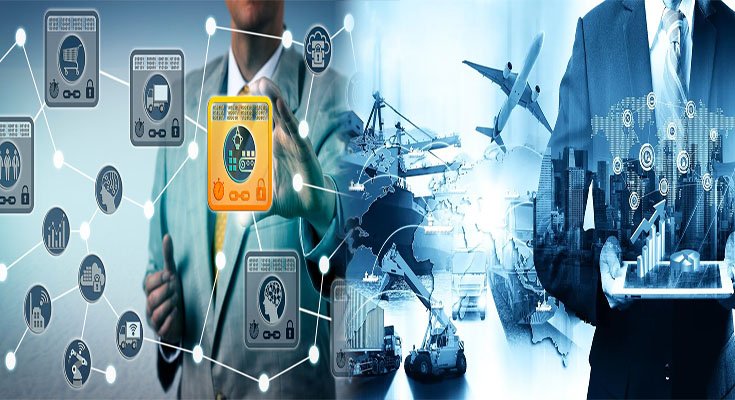Blockchain is a powerful tool that can help you maintain a more transparent and accountable supply chain. Blockchain is a distributed ledger technology that allows for the secure storage of transaction data, which makes it ideal for supply chain management. This article will explain how this technology works and how it can help improve your business processes.
What is blockchain?
Blockchain is a digital ledger of transactions. That sounds like a pretty basic description, but it’s important to understand what this means in order to understand how blockchain can be used in your supply chain and why it’s so powerful.
Blockchain is a distributed database that is shared among many different parties and can be used to record transactions of any kind. The information on the blockchain cannot be easily modified or deleted because of its decentralized nature; there are multiple copies of each block in every computer connected to the network (known as nodes), so if one copy were tampered with, all other copies would still contain valid information about that particular block. Blockchain also ensures that all participants have access only to their own data–they cannot see other people’s records unless they have permission from those individuals or entities involved in these transactions.
How can blockchain benefit the supply chain?
Blockchain can benefit supply chains in a number of ways.
- It can help you track the movement of goods. Blockchain allows companies to track their products as they move through their supply chains, which is especially useful when it comes to food and pharmaceuticals that need to be kept at certain temperatures in order to remain safe for consumption. This will help ensure that consumers are getting what they paid for, reducing instances where counterfeit products make their way into stores or restaurants without anyone knowing about it until after they’ve been purchased by unsuspecting customers (or worse yet, people who have allergies).
- Blockchain makes identifying counterfeits easier than ever before because every blockchain contains its own unique code based on its individual characteristics–so if someone tries passing off one type of milk as another type by changing its packaging slightly but keeping everything else exactly the same (like putting blueberry flavored Cheerios inside an orange box), then this person will still get caught because there’s no way their new product could possibly match up with any existing ones already stored within various blockchains all over town!
What are some of the challenges with incorporating blockchain technology into my supply chain?
There are a number of challenges to incorporating blockchain technology into your supply chain. First and foremost, blockchain is not a magic bullet. While it can provide new efficiencies and cost savings for some companies, it may not be right for every business or industry. Second, because of its relative newness as an emerging technology, there’s still a lot that we don’t know about how blockchains will evolve over time–and what impact they might have on society at large. It’s important that you take these unknowns into account before investing time and money into implementing them into your company operations (or deciding against doing so).
Thirdly: beware the hype! Blockchain has been touted as having far-reaching implications across many industries–but this doesn’t necessarily mean that all of those expectations will come true anytime soon (if ever). Remember: just because something seems like it might work doesn’t mean it actually does work!
Blockchain can help you maintain a more transparent and accountable supply chain.
Blockchain is a distributed database that maintains a continuously growing list of records called blocks. Each block contains information about transactions between two parties, and it’s linked to the previous block through cryptography. The chain cannot be altered or removed once created, which makes blockchain an immutable ledger of all transactions ever made on the network.
Blockchain can be used to track products, locations and transactions throughout your supply chain so you’ll know exactly where everything is at any given time. This helps you maintain better control over inventory management as well as reduce waste due to lost or damaged goods during transit–and ultimately make better decisions when purchasing new items for your company’s inventory!
Blockchain is a powerful tool for businesses, but it’s not a cure-all. It can be difficult to implement and manage, so it’s important that you take time to understand the technology before jumping into anything too quickly. If you’re considering incorporating blockchain into your supply chain, make sure that you have an experienced team who knows what they’re doing–and be prepared for some bumps along the way!





